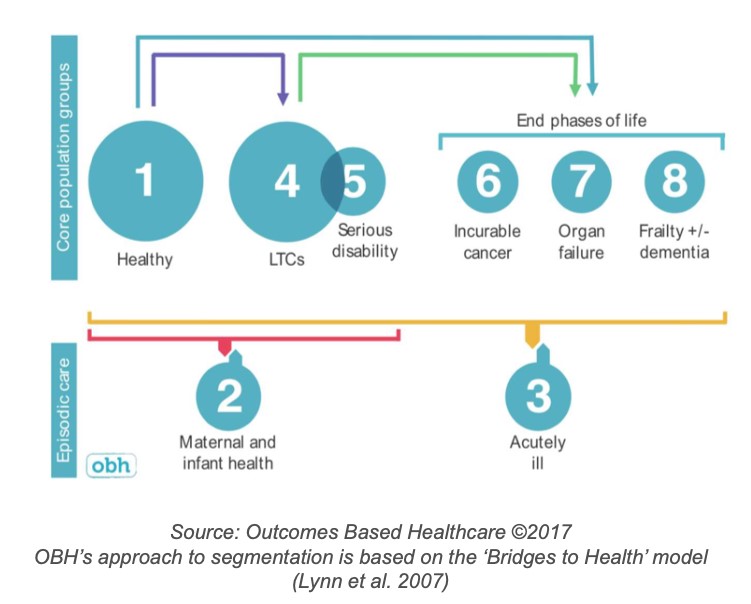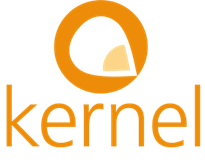Kent and Medway linked datasets
More information about the KeRNEL and other linked datasets in Kent and Medway, including KID, Optum, KMCR and OBH.Kent Integrated Dataset (KID)
The Kent Integrated Dataset (KID) was the first linked dataset in Kent and Medway, built in 2013 under the leadership of Kent County Council Public Health and the Kent and Medway CCGs. It was created to support a national programme to fund integrated care for people living with multiple long-term health conditions. The KID is largely made up of health and adult social care patient-level service activity and costs, population segmentation tools, and morbidity information. It spans across 200 health and social care organisations across Kent and Medway, mostly GP practices, and includes data from April 2014 up to May 2019.
The KID has been used for a range of population health intelligence and research projects, and has potential to generate even more insights supporting population health improvement locally. It is a de-identified pseudonymised dataset, with no capability of re-identification. See here for more information on the KID, including research projects based on the KID.
Although its development was stopped in 2019 due to changing commissioning priorities, the KID remains available as a static dataset for historical population health research purposes. It is now hosted by the Kent & Medway CCG, and new governance arrangements have been put in place to allow data access to approved researchers, administered by the SHcAB Information Governance and Data Access group. Local organisations whose historical data is in the KID have signed up to these new governance arrangements.
Kent & Medway Population Segmentation dataset
Kent and Medway ICS, working with Outcomes Based Healthcare (OBH) and South, Central and West CSU (SCW CSU), will apply the internationally recognised ‘Bridges to Health’ (B2H) segmentation model to the population of Kent and Medway.

B2H is a ‘person-focused’ life course model that groups people into 8 segments according to their health and care needs, priorities and circumstances, from the healthy generally well to populations at the end phases of life. The next phase of the Population Health Management programme in Kent and Medway ICS is ‘Spread and Sustain’, and will involve population segmentation analytics and outcomes monitoring.
From early 2022, the minimum data required from primary care and secondary care (SUS) data will be pseudonymised at source and extracted by Apollo and SCW CSU, processed by OBH and a pseudonymised Segmentation Dataset transferred back to the Kent & Medway CCG data warehouse on a quarterly basis.
The Segmentation Dataset includes all people who are (or have been) registered to a GP practice in Kent and Medway, including socio-demographic information (excluding opt outs). It also includes data on which segment and subsegments/conditions the population has over a 3 year period. As a dynamic, longitudinal data model, it can be used to analyse trends in population health, and view condition registers at any required historical ‘snapshot’.
The Segmentation Dataset provides the backbone for insights needed for Population Health Management work in Kent and Medway ICS. It has been designed as a dimensional data model - a standard design approach for a database structure that is optimised for data analytics. This type of model is easy to understand and intuitive for analysts to use. The Segmentation Dataset has potential to be used for:
● Detailed analytics and generate insights, such as segment and subsegment mortality and prevalence counts and rates, on any given date, for any given geography
● Risk stratification within each segment or subsegment
● Analysis by socio-demographic variables (e.g. age and gender distribution, and deprivation) and clinical variables (e.g. other co-occurring conditions or segments, multimorbidity, risk factors)
● Progression flows from one segment to another (e.g. progression as people develop LTCs, multimorbidity, or move towards the end phases of life)
● Linkage with other datasets (e.g. activity, expenditure, outcomes data) within Kernel
Page under construction: information on other linked datasets is coming soon.
added 15 October 2021
